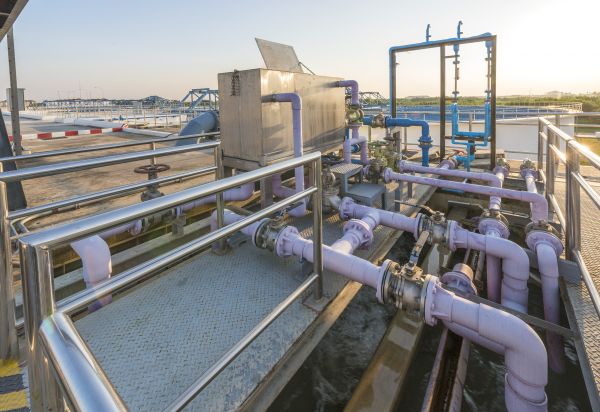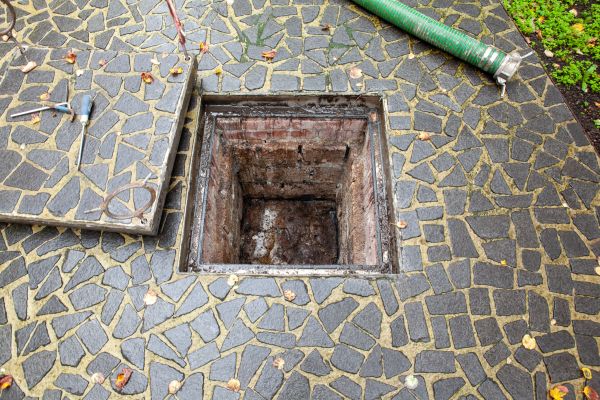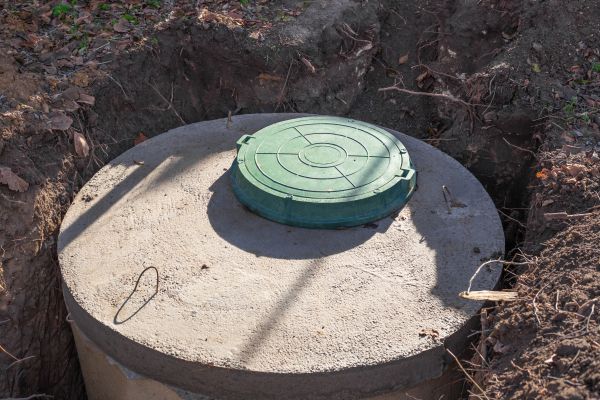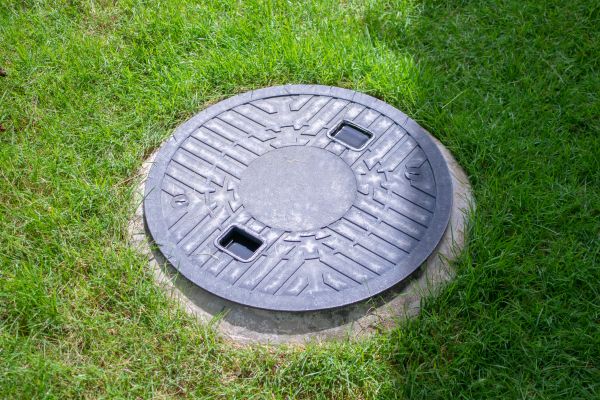Cesspool Installation Service
Affordable Cesspool Installation
Cesspool installation is a critical component for properties in areas without access to municipal sewer systems. A cesspool is a type of on-site sewage facility that collects and treats wastewater, allowing it to percolate into the surrounding soil. Proper installation ensures efficient waste management, prevents environmental contamination, and maintains the hygiene and safety of the property. With the right installation, property owners can avoid costly repairs and ensure their wastewater system complies with local regulations.
Benefits of Cesspool Installation
-
Efficient Waste Management
Cesspools provide an effective solution for managing household wastewater. By collecting and gradually dispersing waste into the surrounding soil, they help maintain a clean and sanitary environment. This efficiency reduces the risk of system overflows and minimizes the impact on the surrounding ecosystem. -
Environmental Protection
A well-installed cesspool helps protect the environment by preventing untreated wastewater from contaminating local water sources. By ensuring that waste is properly contained and treated, cesspools minimize the risk of pollution and contribute to the overall health of the ecosystem. -
Cost-Effective Solution
Compared to other waste management systems, cesspools can be a more economical option for properties not connected to municipal sewers. With lower installation and maintenance costs, cesspools offer a viable solution for managing wastewater in rural or remote areas. -
Compliance with Regulations
Proper cesspool installation ensures compliance with local health and safety regulations. This compliance not only protects the property owner from potential fines but also ensures that the system operates efficiently and safely.
FAQs About Cesspool Installation
What is the lifespan of a cesspool?
The lifespan of a cesspool can vary depending on factors such as usage, maintenance, and soil conditions, but they typically last between 20 to 40 years with proper care.
How often should a cesspool be inspected and pumped?
It is recommended that cesspools be inspected annually and pumped every 3 to 5 years, depending on the size of the system and the volume of wastewater generated by the household.
Can a cesspool be converted to a septic system?
Yes, in many cases, a cesspool can be upgraded to a septic system. This conversion may be necessary if local regulations change or if the cesspool is no longer functioning efficiently.
What are the signs of a failing cesspool?
Signs of a failing cesspool include slow drains, unpleasant odors, pooling water in the yard, and sewage backups in the home.
Fill out the contact form today to request Cesspool Installation and experience the benefits of efficient waste management, environmental protection, cost-effectiveness, and regulatory compliance.




